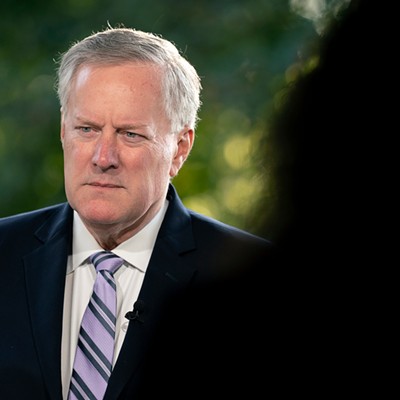
New York Times News Service
WASHINGTON — The federal government will resume executions of death-row inmates after a nearly two-decade hiatus, Attorney General William Barr said Thursday, countering a broad national shift away from the death penalty as public support for it has dwindled.
The announcement reverses what had been essentially a moratorium on the federal death penalty. Five men convicted of murdering children will be executed in December or January at the federal penitentiary in Terre Haute, Indiana, Barr said, and additional executions will be scheduled later.
Prosecutors still seek the death penalty in some federal cases, including for Dylann S. Roof, an avowed white supremacist who gunned down nine African American churchgoers in 2015, and Dzhokhar Tsarnaev, the Boston Marathon bomber. But the federal government has executed only three inmates since it reinstated the death penalty in 1988, including Oklahoma City bomber Timothy J. McVeigh, who was put to death in 2001, and Louis Jones Jr., who was executed in 2003 for the rape and murder of a female soldier.
“Under administrations of both parties, the Department of Justice has sought the death penalty against the worst criminals,” Barr said. “The Justice Department upholds the rule of law — and we owe it to the victims and their families to carry forward the sentence imposed by our justice system.”
The number of executions in the United States had fallen to less than two dozen a year since a high in 1999, when 98 executions were carried out at the state level, according to the Death Penalty Information Center.
Public support for the death penalty hit a two-decade low three years ago, when just under half of Americans polled backed it for people convicted of murder, down from nearly 80% in 1996, according to the Pew Research Center. Support for capital punishment ticked back up to 54% last year, the center found.
Capital punishment fell out of favor as researchers began to question whether it deterred people from committing heinous crimes and as more defense lawyers proved that their clients were wrongfully convicted.















